European Union supports WFP disaster preparedness in Malawi, Madagascar, Mozambique, Zambia and ...
Pope’s visit to Mozambique: Cabo Delgado instability will be in the spotlight, analysts say
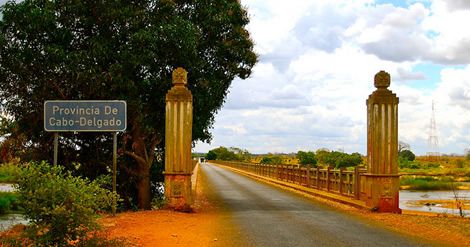
File photo: Lusa
Pope Francis’ presence in Mozambique could place instability in Cabo Delgado province under the “spotlight of the world” and “unmask” a problem which should not be reduced to religious issues, several analysts told Lusa.
Francisco will visit Mozambique between Wednesday and Friday, at a time when attacks by armed groups show no slowdown in the northern province of Cabo Delgado, a region with a strong implantation of Islam and where the natural gas exploration megaprojects are being born.
Speaking to Lusa, Amad Camal, a former MP and one of the country’s best-known Muslim businessmen, said Pope Francis’ visit would be an opportunity to highlight the violence in Cabo Delgado.
“The pope will put in the spotlight all the issues that concern us” and, “of course, the insurgencies will be exposed,” says Amad Camal.
The attention of international public around Francisco’s presence in Mozambique will help “unmask” the nature of armed violence in Cabo Delgado, which is criminal rather than religious, added Camal.
“The presence of the pope will bring all these issues to the fore and this will expose Mozambique in a positive way and, perhaps, unmask the insurgents who are causing us difficulties,” he said.
Salvador Forquilha, the director of the Institute for Economic and Social Studies (IESE), an independent Mozambican research centre, told Lusa that he believes that a radical interpretation of Islam should not be neglected in the study of violence in Cabo Delgado, but other factors may also be considered.
“We can find a lot of interpretations [about the causes of violence in Cabo Delgado]: land conflicts, economic interests or natural resources, but there is also, in fact, a thesis that goes along these lines of jihad,” said Salvador Forquilha.
Forquilha, who participated in an “exploratory” study on violence in the region, argues that there is a convergence in the idea that violence in Cabo Delgado begins with manifestations of a practice of Islam close to fundamentalism.
Regarding the fact that the Islamic State claimed to be responsible for some actions in the violence in Cabo Delgado, the researcher admits that it could be propaganda, because there is still no evidence about the presence of the group in northern Mozambique.
“Unfortunately, in these kinds of things, there is a lot of propaganda, it is in the [Islamic State’s] interest to say, ‘we are widening the scope,’ but it is difficult to ascertain the truth of the claim,” said Salvador Forquilha.
Eric Morier-Genoud, an expert in African History, points out the risk of an analysis of the violence in Cabo Delgado narrowed down to religion, because the cause may have evolved into other claims.
“There is a religious aspect, but there are other things that are there, such as poverty and unemployment,” he said.
The state, researchers and society in general will need a “more sophisticated” analysis to understand the causes of violence in Cabo Delgado, Morier-Genoud told Lusa.
Mozambican state counsellor and Muslim leader Saíde Habibe also believes that it would be a mistake to focus an understanding Cabo Delgado’s instability in Islamic radicalism.
“We can look at [the situation in Cabo Delgado] from various points of view,” but “there are various sectors on the ground carrying out studies, including the Muslim community itself, in the hope of to understanding the nature of this phenomenon,” he said.
Habibe says that there is firm evidence data to support the idea that the so-called Islamic State is behind with violence in Cabo Delgado.
“It is difficult to assume that the claim of the Islamic State in Cabo Delgado has a credible ground, so far we have no evidence,” said Habibe, co-author of some of the first research on violence in Cabo Delgado.
Pope Francis arrives in Mozambique on Wednesday to start a tour that will take him on to Madagascar on August 6 and Mauritius on August 9.
The highlights of the visit to Mozambique are an interfaith meeting with young people in a sports hall in downtown Maputo and a mass at Zimpeto Stadium where up to 90,000 people are expected, according to the organisation.
Francisco’s visit comes a month after the country’s third peace agreement between the government and the main opposition party (Renamo) was signed.
Before him, Pope John Paul II visited Mozambique in 1988, preceding the first agreement that would end the civil war, signed in 1992, in Rome.
According to the 2017 census, the Catholic faith is followed by 26% of Mozambique’s population (the largest group), Islam represents 18%, the Zion Church 15%, Evangelical / Pentecostal 14% and Anglicans about 1%.



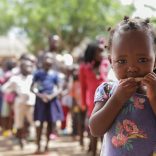
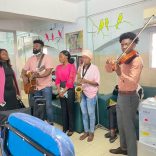

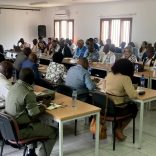
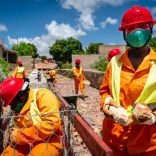




Leave a Reply
Be the First to Comment!
You must be logged in to post a comment.
You must be logged in to post a comment.